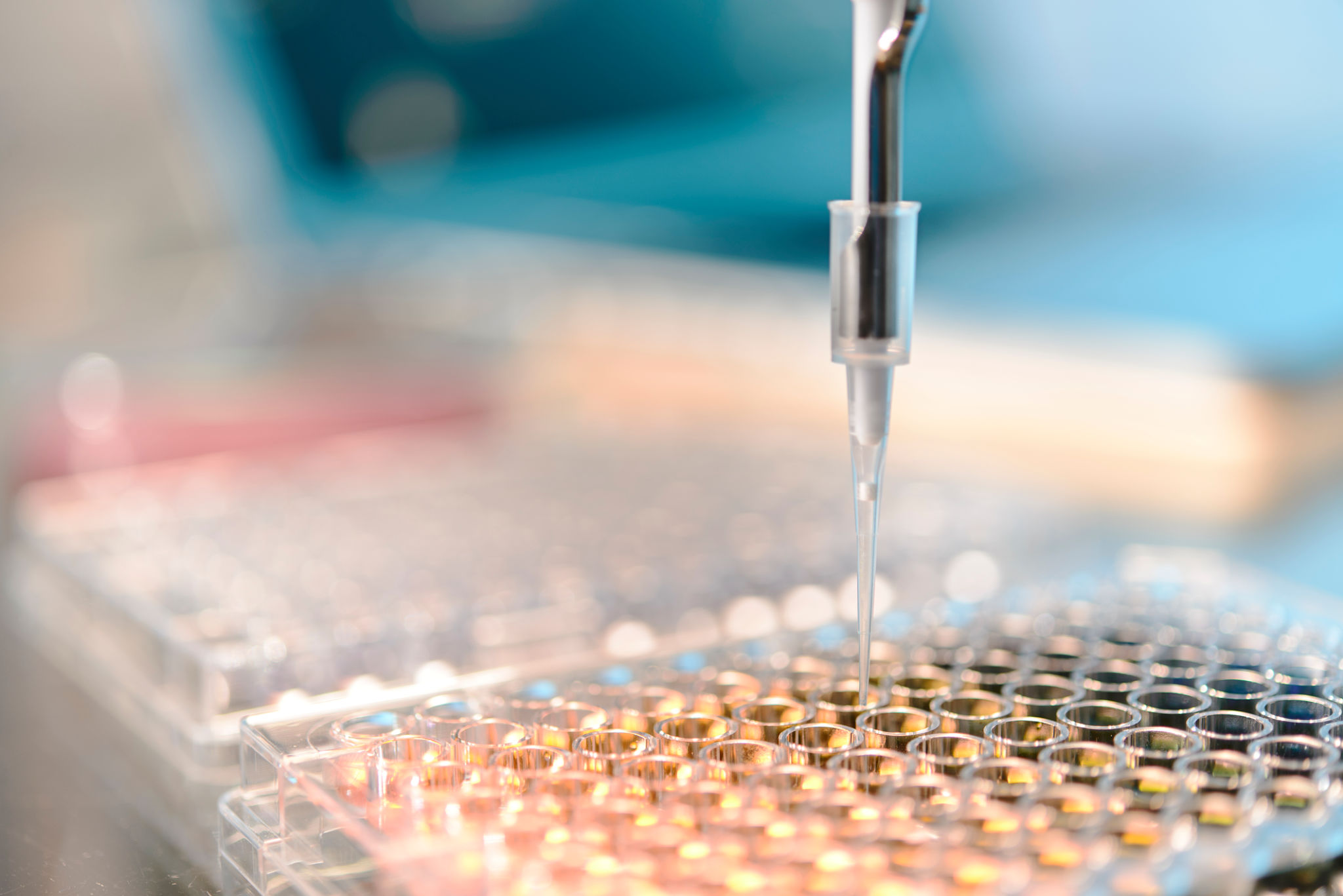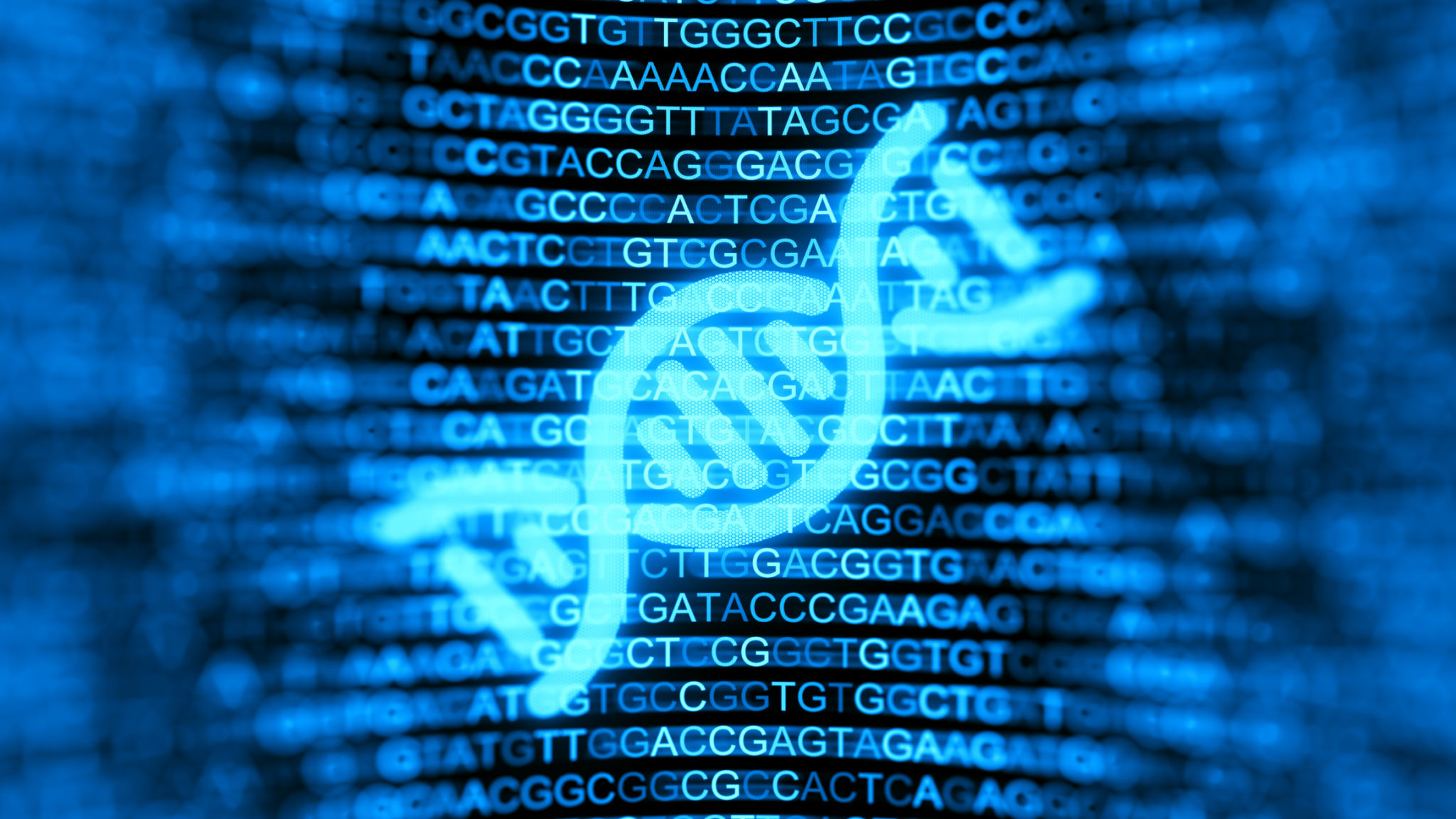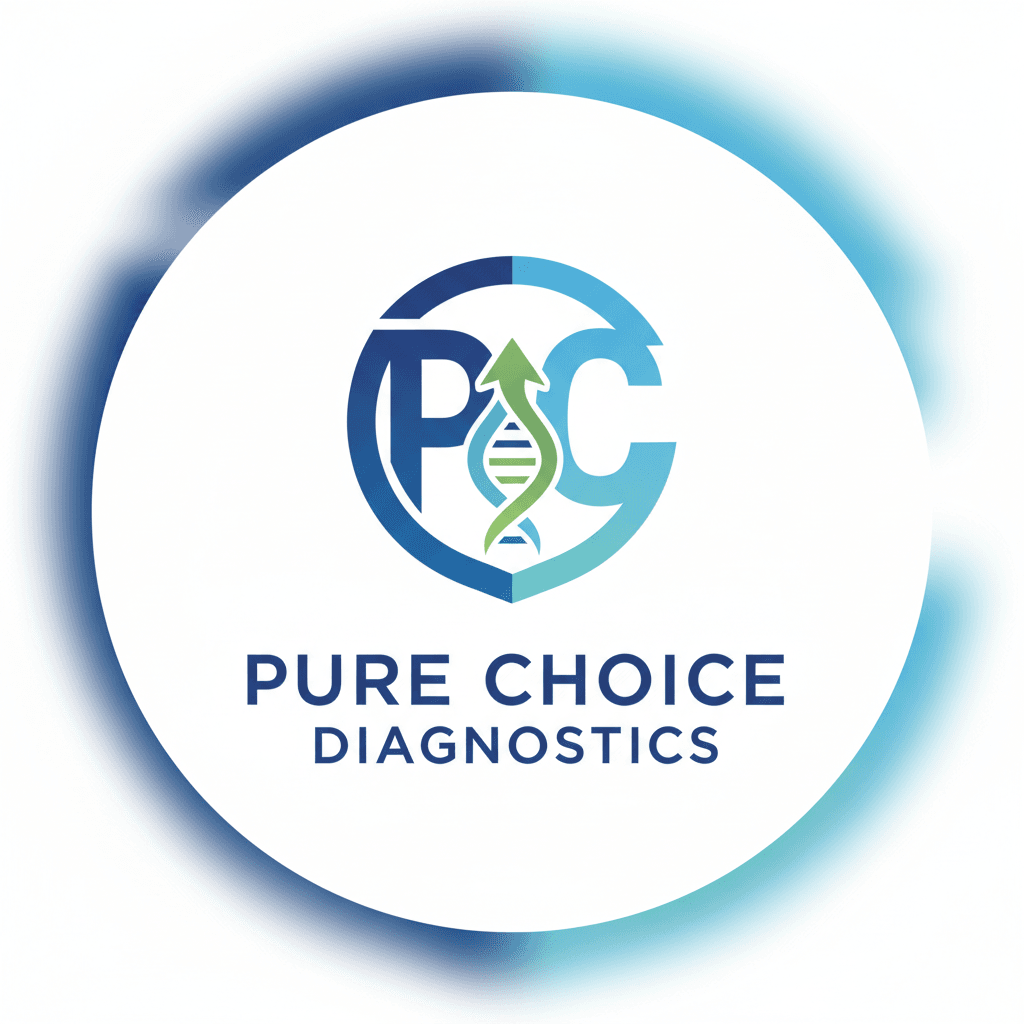Understanding the Latest Trends in Genetic Testing: Innovations and Advances
Introduction to Genetic Testing Trends
The field of genetic testing has undergone remarkable transformations in recent years. With advancements in technology and a deeper understanding of the human genome, genetic testing has moved beyond traditional boundaries. These innovations are not just enhancing the accuracy of tests but also expanding their applications. From personalized medicine to early disease detection, the possibilities are vast and impactful.
As we delve into the latest trends, it is crucial to understand how these developments are shaping the future of healthcare. The integration of artificial intelligence, big data analytics, and cutting-edge sequencing techniques are at the forefront of this revolution.

The Rise of Personalized Medicine
One of the most significant trends in genetic testing is its role in personalized medicine. By analyzing an individual's genetic makeup, healthcare providers can tailor treatments to fit the unique needs of each patient. This approach not only enhances treatment efficacy but also reduces the risk of adverse reactions.
Pharmacogenomics, a subset of personalized medicine, is gaining traction as it enables the customization of drug therapies. By understanding how genes affect a person's response to drugs, clinicians can prescribe medications more effectively, ensuring better health outcomes.
Advancements in Sequencing Technologies
The advancements in sequencing technologies have played a pivotal role in the evolution of genetic testing. Next-generation sequencing (NGS) allows for rapid and comprehensive analysis of entire genomes. This has significantly reduced the time and cost involved in genetic testing, making it more accessible to a wider population.

Moreover, single-cell sequencing is emerging as a groundbreaking technique. It provides insights into the genetic makeup of individual cells, offering a more detailed understanding of complex diseases like cancer. This innovation is paving the way for more precise diagnostic tools and targeted therapies.
Integration of Artificial Intelligence
Artificial intelligence (AI) is revolutionizing the way genetic data is analyzed and interpreted. AI algorithms can sift through massive datasets to identify patterns and correlations that might be missed by human analysts. This capability is particularly valuable in identifying rare genetic variants that could be linked to specific diseases.
The integration of AI in genetic testing not only speeds up the analysis process but also enhances the accuracy of predictions. As AI continues to evolve, its applications in genomics are expected to expand further, offering new insights into human health and disease.

Ethical Considerations and Data Privacy
With the rapid advancements in genetic testing, ethical considerations and data privacy have become increasingly important. The collection and analysis of genetic data raise concerns about how this information is used and who has access to it. Ensuring that genetic data is handled responsibly is crucial to maintaining public trust.
Regulatory frameworks are being developed to address these concerns. It is essential for stakeholders, including healthcare providers, researchers, and policymakers, to work together to create guidelines that protect individuals' privacy while promoting innovation in genetic research.
Conclusion: The Future of Genetic Testing
The future of genetic testing is promising, with continuous innovations transforming the landscape of healthcare. As technologies advance and our understanding of genetics deepens, the potential for improving patient outcomes grows exponentially. However, it is vital to balance these advancements with ethical considerations and a commitment to data privacy.
By staying informed about these trends, healthcare professionals, researchers, and patients alike can participate in shaping a future where genetic testing becomes an integral part of personalized healthcare solutions.
